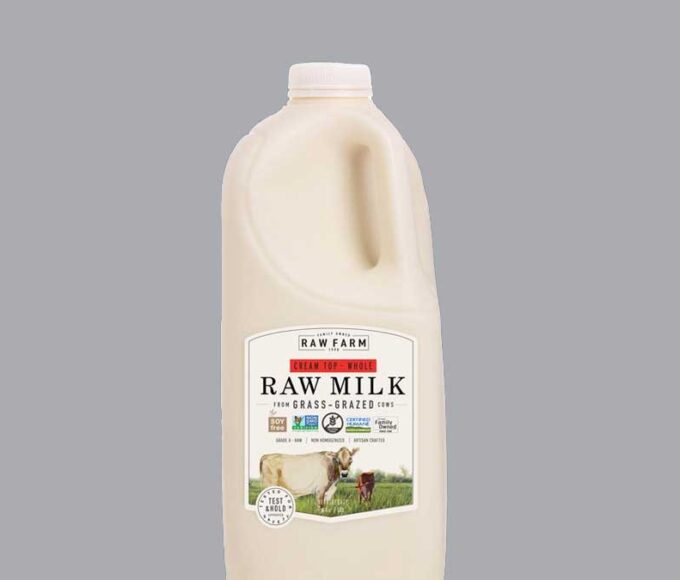- Home
- Billionaires
- Investing Newsletters
- 193CC 1000
- Article Layout 2
- Article Layout 3
- Article Layout 4
- Article Layout 5
- Article Layout 6
- Article Layout 7
- Article Layout 8
- Article Layout 9
- Article Layout 10
- Article Layout 11
- Article Layout 12
- Article Layout 13
- Article Layout 14
- Article Sidebar
- Post Format
- pages
- Archive Layouts
- Post Gallery
- Post Video Background
- Post Review
- Sponsored Post
- Leadership
- Business
- Money
- Small Business
- Innovation
- Shop
Recent Posts
Women Lose More Weight on Mounjaro, Zepbound

Recent research has shed new light on the weight loss effects of the diabetes and weight management medications Mounjaro and Zepbound. According to a study conducted by Eli Lilly, women using these drugs for over a year have shown greater weight loss compared to their male counterparts. However, this benefit comes with a higher incidence of side effects, such as nausea and vomiting.
The study, presented at the Annual Meeting of The European Association for the Study of Diabetes, tracked 4,677 participants with Type 2 diabetes and obesity. Over a period of 72 to 88 weeks, these participants—comprising 2,999 women and 1,678 men—were administered varying doses of tirzepatide, the active ingredient in both Mounjaro and Zepbound. The results indicated that women experienced a weight reduction of up to 24.6% of their body weight, while men lost up to 18.1%.
Despite the effective weight loss observed in women, the study also highlighted that female participants reported significantly higher rates of nausea and vomiting, common side effects of tirzepatide. The safety profiles of the drugs were found to be similar for both sexes, but the adverse effects were notably more pronounced among women.
Dr. Luis-Emilio García-Pérez, the lead author of the study and Associate Vice President of the Diabetes Global Medical Affairs team at Eli Lilly, acknowledged that further research is needed to fully understand why women experience more significant weight loss compared to men on these medications. He noted that hormonal differences might play a crucial role. A previous study from 2022 had suggested that hormonal variations between men and women could influence the extent of weight loss achieved with GLP-1 receptor agonists, like tirzepatide.
Another recent study published in the Journal of the American College of Cardiology corroborates these findings, revealing that women with obesity and heart failure who were treated with GLP-1s lost more weight than their male counterparts. This study proposed that metabolic differences might explain the greater weight loss in women. Dr. John Lowe, a gastroenterologist and physician at Restore Care, emphasized that women generally have a higher percentage of body fat, which might respond more effectively to the mechanisms of these medications. Additionally, societal pressures regarding body image might make women more committed to lifestyle changes, including diet and exercise, thereby enhancing the efficacy of the drugs.
GLP-1 receptor agonists, such as Mounjaro and Zepbound, work by interacting with the brain’s hunger-regulating mechanisms, suppressing appetite, and lowering blood sugar levels and A1C. Other popular drugs in this class include semaglutide (marketed as Ozempic, Wegovy, and Rybelsus), as well as dulaglutide, exenatide, liraglutide, and lixisenatide. Tirzepatide is unique in that it combines GLP-1 with glucose-dependent insulinotropic polypeptide (GIP), which helps increase insulin production and further controls appetite.
The significant usage of GLP-1 receptor agonists is evident from the data. In the fourth quarter of 2022 alone, approximately 9 million prescriptions for Ozempic, Wegovy, Mounjaro, and Zepbound were written, representing about 2%-3% of the U.S. population. This high prescription rate underscores the growing reliance on these medications for managing diabetes and obesity.
In conclusion, while the study highlights the superior weight loss achieved by women taking Mounjaro and Zepbound compared to men, it also calls attention to the need for a deeper understanding of the underlying mechanisms. Future research should continue to explore the reasons behind these differences and strive to optimize treatment approaches for both men and women.
Recent Posts
Categories
- 193 Countries Consortium Partner1
- 193cc Digital Assets2
- 5G1
- Aerospace & Defense48
- AI37
- Arts3
- Banking & Insurance11
- Big Data3
- Billionaires1,274
- Boats & Planes1
- Business332
- Careers13
- Cars & Bikes79
- CEO Network1
- CFO Network17
- CHRO Network1
- CIO Network1
- Cloud10
- CMO Network18
- Commercial Real Estate7
- Consultant1
- Consumer Tech194
- CxO1
- Cybersecurity73
- Dining1
- Diversity, Equity & Inclusion4
- Education7
- Energy8
- Enterprise Tech29
- Events11
- Fintech1
- Food & Drink2
- Franchises1
- Freelance1
- Future Of Work2
- Games149
- GIG1
- Healthcare79
- Hollywood & Entertainment203
- Houses1
- India’s 1000 Richest1
- Innovation46
- Investing2
- Investing Newsletters4
- Leadership65
- Lifestyle11
- Manufacturing1
- Markets20
- Media327
- Mobile phone1
- Money13
- Personal Finance2
- Policy569
- Real Estate1
- Research6
- Retail1
- Retirement1
- Small Business1
- SportsMoney42
- Style & Beauty1
- Success Income1
- Taxes2
- Travel10
- Uncategorized13
- Vices1
- Watches & Jewelry2
- world's billionaires1,243
- Worlds Richest Self-Made Women2
Related Articles
Musk Endorses Mounjaro, Backs Affordable Weight-Loss Drugs
Elon Musk, the CEO of Tesla, made headlines on Christmas Day with...
By 193cc Agency CouncilDecember 27, 2024What Healthcare Can Learn from Nvidia’s Success
The tech industry is undergoing a seismic transformation, with two of its...
By 193cc Agency CouncilDecember 16, 2024Salmonella Triggers Recalls of Costco Eggs and Cucumbers
The recent salmonella outbreak has prompted the recall of two major food...
By 193cc Agency CouncilNovember 30, 2024Bird Flu Found in Raw Milk in California, Recall Issued
California health authorities have confirmed the presence of the bird flu virus...
By 193cc Agency CouncilNovember 25, 2024















Leave a comment